Passenger Side
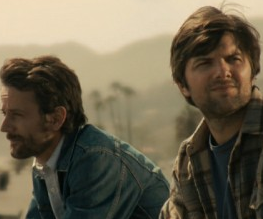
I realised something while watching Passenger Side, writer-director Matt Bissonnette’s début feature, and that is that I have somehow surreptitiously conditioned myself not to like a certain kind of film. I don’t know how it happened and it makes zero sense, because the kind of movie I’m talking about – low-budget, dialogue-heavy indie navel-gazers – I actually like. I liked Thumbsucker, and The Chumscrubber, and a lot of the so-called ‘mumblecore’ movement, but I suppose they are all imbued with a certain amount of self-satisfaction. Whatever it is, after the opening ten minutes had clearly set out its stall I thought I had detected it, and my heart duly sank. By the time the credits rolled I had set myself straight, because Passenger Side turned out to be a funny, wistful road movie that confounds expectations at every turn.
Brothers Michael and Tobey – one an uptight, disillusioned writer (Scott), the other a slightly more positivistic former drug addict (Bissonnette) – spend the day driving around Los Angeles, picking up and following clues on a trail to something… only Tobey’s not telling what exactly it is they’re looking for. Michael fears a relapse is on the cards; his brother is disheartened by this lack of faith. The two bicker and cajole their way around the suburbs all day – and that’s about it. There are the pre-requisite zany oddballs thrown into the mix – a transvestite hooker, a drunken George W. admirer, and, most disturbingly, what can only be described as a dog-pimp – but really this is not about the brothers’ adventures but about the brothers themselves.
Bissonnette drip-feeds us the complexities of their relationship, and he does it through nuanced, throwaway dialogue as opposed to thudding great wedges of exposition. By the end we know very little about the two that is external to the film… but we know all we need to know about them. Their mother is mentioned throughout, though never seen; it’s clear that she has had a major influence on both their lives, though we are left unsure as to what effect – it’s a film that trusts the audience enough to deliberate over these two and draw their own conclusions. Whether they are erroneous seems to be the least of the director’s concerns.

It wouldn’t have worked without a pair of trustworty leads. The director wrote the parts with Scott and brother Bissonnette in mind, and it shows. The naturalism they bring to the material seems honed by familiarity, and it means they get to engage in what could potentially have been some overwrought scenes featuring over-mannered lines of dialogue with a naturalism that befits the film’s lo-fi ethics. And just when you sense you may have been sitting in the car with only the pair of them for too long, a well-crafted cameo is inserted into proceedings. They are fundamentally there to provide comic relief, but they invariably contribute to shining a light on the brothers themselves in some way. And one of these cameos (Robin Tunney – where has she been?) proves to hold the key to the entire day’s proceedings, in fact to the entire film. It’s a realisation that will make you want to watch it again. Do so.

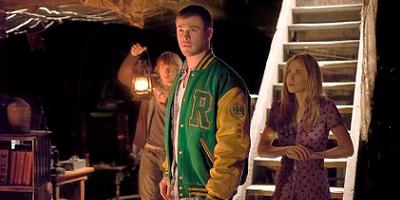
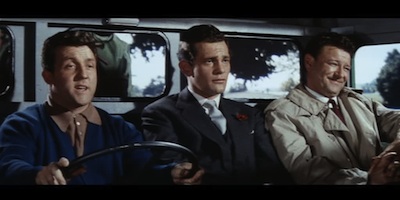
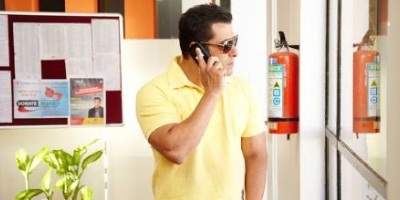
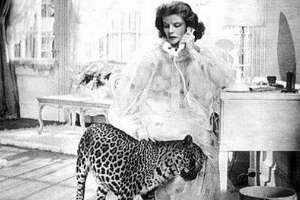
Recent Comments